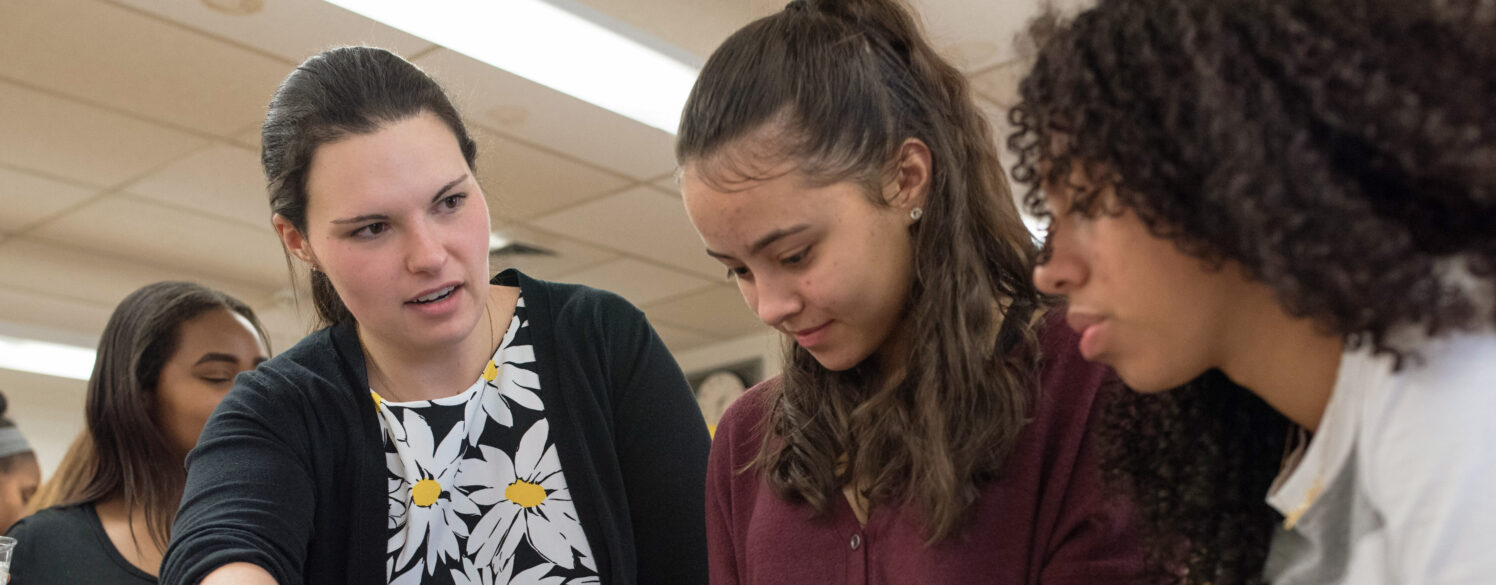Valuable Tools for Educators

Resources
-
Blog Equity Teaching Strategies Cultivating a Classroom of Scientists through CollaborationThis blog highlights a teacher’s journey in fostering student collaboration and scientific identity using Complex Instruction (CI) and the Next Generation Science Standards (NGSS). It emphasizes actionable norms, inclusive curriculum, and elevating student status to create a classroom where every student believes they are a scientist, enhancing access and engagement for all learners.
-
Presentation Equity Math Mindfulness in the Math ClassroomMindfulness isn’t just about finding inner peace; it’s a dynamic tool that can revolutionize the way students engage with math, enrich their math identities, and simultaneously empower educators.
-
Presentation Equity Inquiry Inclusive Visions of DoingThis presentation shares early-career math teachers’ conceptions of doing math gained through inquiry on the math practices and offers suggestions for how this might make teaching and learning math more inclusive.
-
Blog Equity Teaching Strategies Integrating Social Justice Issues in Science ClassroomsAs the world faced COVID-19 and racial injustice, a science teacher sought ways to address racism in the classroom. Inspired by the connection between redlining and urban heat islands, they developed a physics unit on thermal energy tied to social justice. This led to creating resources and a course to empower teachers to integrate real-world issues into STEM education.
-
Blog Equity Teacher Leadership Leveraging Assets of Multilingual Learners View Resource